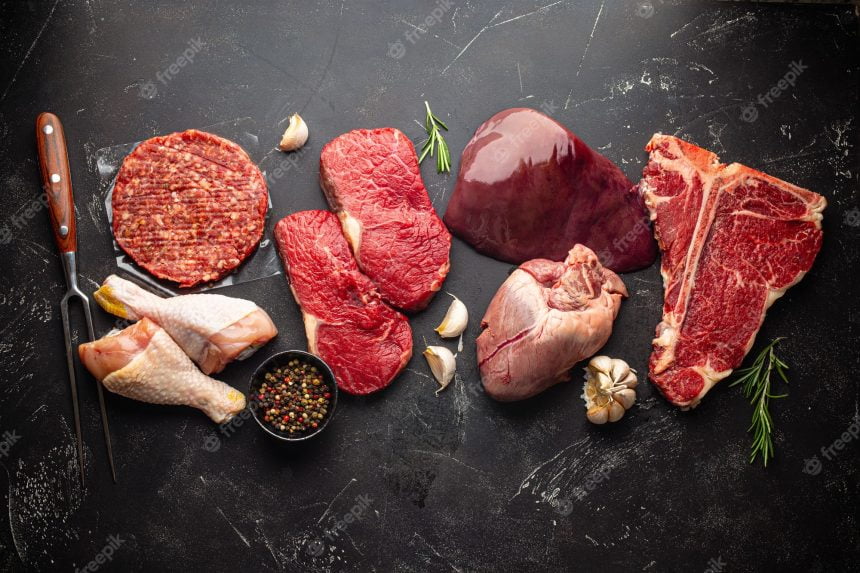
Introduction
The carnivore diet, a dietary approach that emphasizes the consumption of animal products while excluding most carbohydrates, has gained popularity in recent years. This high-fat, moderate-protein, and low-carbohydrate eating pattern focuses on animal-based foods like meat, fish, eggs, and dairy, with the exclusion of plant-based foods. However, some individuals following the carnivore diet may wonder if certain foods, such as honey, can fit into their zero-carb lifestyle. In this article, we will explore the potential role of honey on the carnivore diet and whether it can be incorporated without compromising the principles of this dietary approach.
Understanding the Carnivore Diet:
The carnivore diet primarily consists of animal products, including meat, fish, eggs, and dairy. Its main objective is to eliminate all plant-based foods, including fruits, vegetables, grains, legumes, and sugars. Advocates of this diet claim that by exclusively consuming animal products, they can optimize their health, lose weight, and improve various health conditions. However, the carnivore diet’s strict guidelines make it challenging for individuals to include foods that contain even trace amounts of carbohydrates, such as honey.
The Carbohydrate Content of Honey:
Honey is a natural sweetener produced by bees from the nectar of flowers. While it is a natural and minimally processed food, honey is primarily composed of carbohydrates. The carbohydrate content in honey varies depending on its type and source, but it typically consists of about 80-95% carbohydrates. These carbohydrates mainly come in the form of sugars like fructose and glucose.
Impact of Honey on Ketosis:
One of the central aspects of the carnivore diet is achieving a state of ketosis. Ketosis is a metabolic state where the body primarily uses ketones, produced from fat breakdown, as its primary source of energy instead of glucose from carbohydrates. Consuming honey, with its high carbohydrate content, can disrupt ketosis and shift the body back into using glucose as its primary fuel source.
Blood Sugar and Insulin Response:
Honey has a high glycemic index, which means it can cause a rapid increase in blood sugar levels when consumed. This rise in blood sugar triggers the release of insulin, a hormone responsible for regulating blood sugar levels. For individuals on the carnivore diet who aim to minimize their carbohydrate intake and maintain stable blood sugar levels, consuming honey can lead to spikes in blood sugar and subsequent insulin responses.
Impact on Gut Health:
The carnivore diet is often praised for its potential to improve gut health by eliminating potentially problematic plant-based foods. However, honey contains prebiotics, which are beneficial for the growth of healthy gut bacteria. By excluding honey, individuals on the carnivore diet may miss out on these prebiotic benefits, potentially impacting their overall gut health.
Alternative Sweeteners for the Carnivore Diet:
For those following the carnivore diet who desire a touch of sweetness without compromising their zero-carb principles, alternative sweeteners can be considered. Options such as stevia, erythritol, and monk fruit extract are popular choices as they contain negligible carbohydrates and have minimal impact on blood sugar levels. These sweeteners provide a sugar-like taste without interfering with ketosis or causing significant insulin responses.
Conclusion
The carnivore diet is a dietary approach that strictly focuses on animal-based foods while excluding carbohydrates from plant-based sources. Honey, with its high carbohydrate content, does not align with the principles of this diet. While honey is a natural and minimally processed food, it can disrupt ketosis, cause spikes in blood sugar levels, and potentially impact gut health. Individuals on the carnivore diet who desire a sweetener may consider alternative options that have minimal impact on blood sugar and insulin responses. As always, consulting with a healthcare professional or registered dietitian before making any significant dietary changes is recommended to ensure individual nutritional needs are met.






